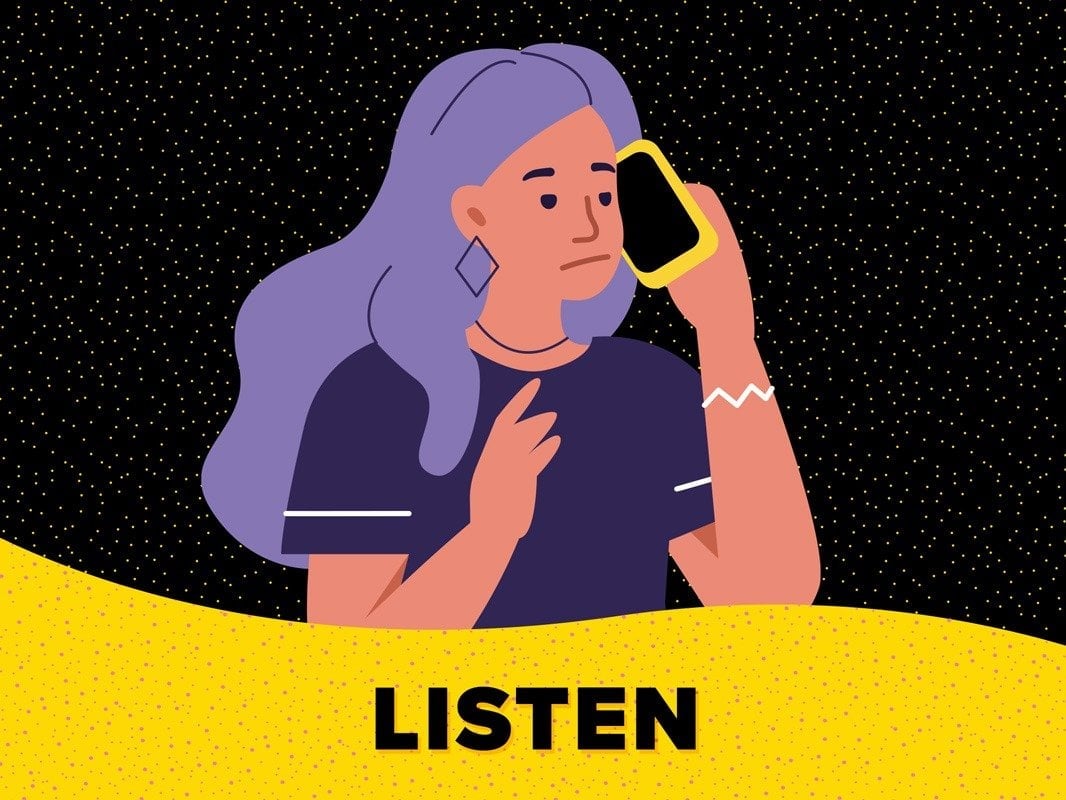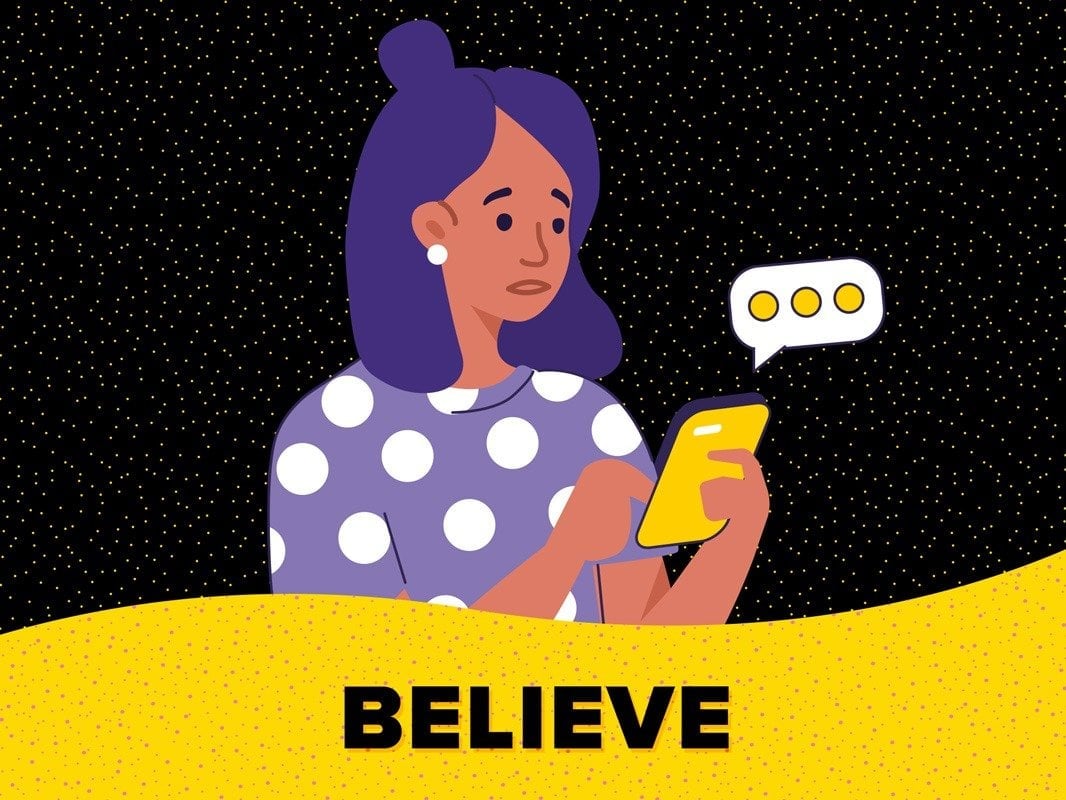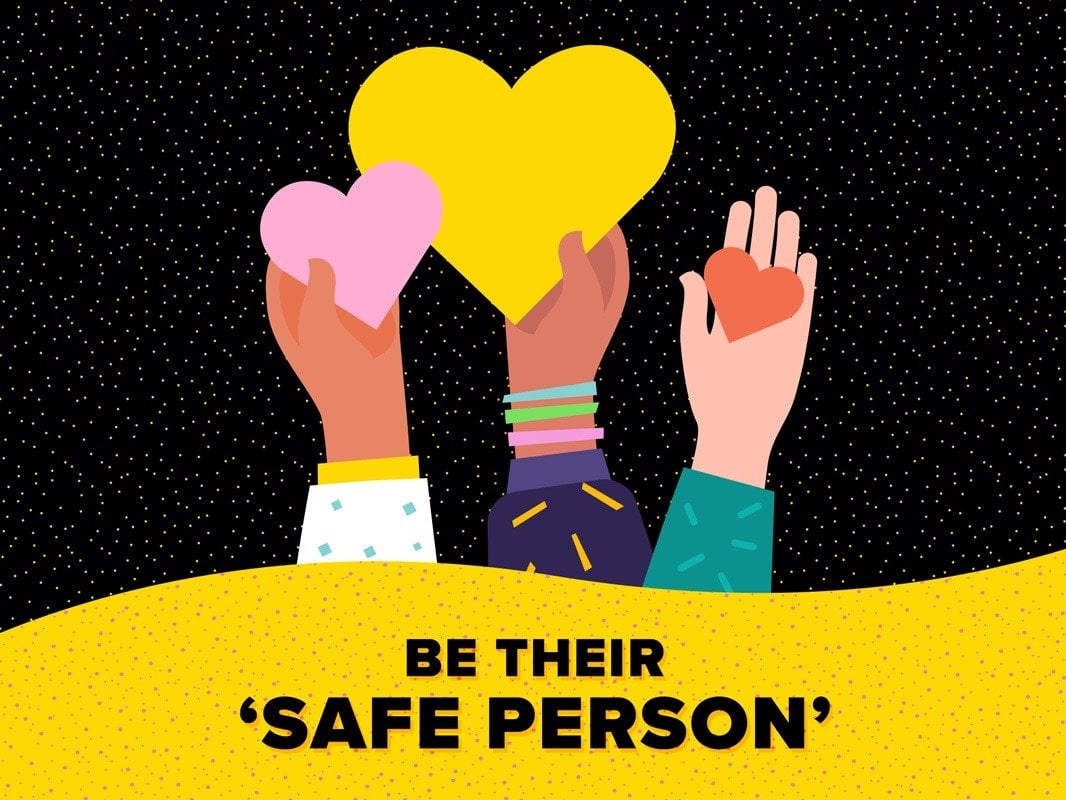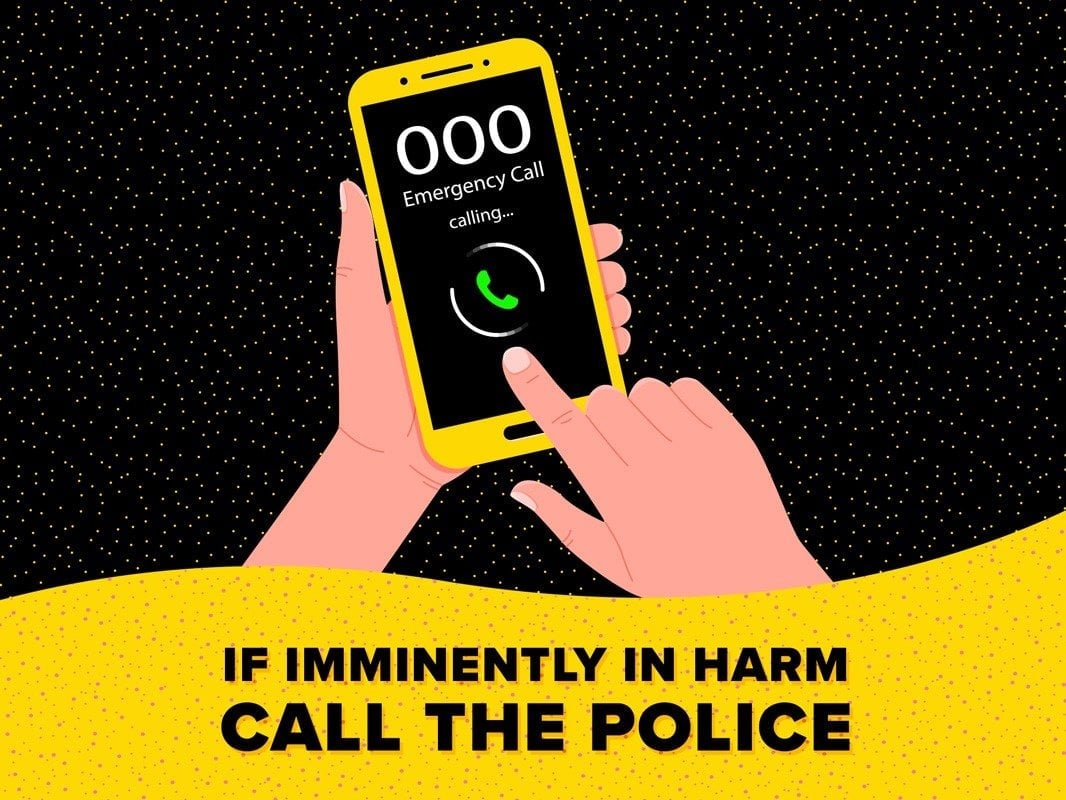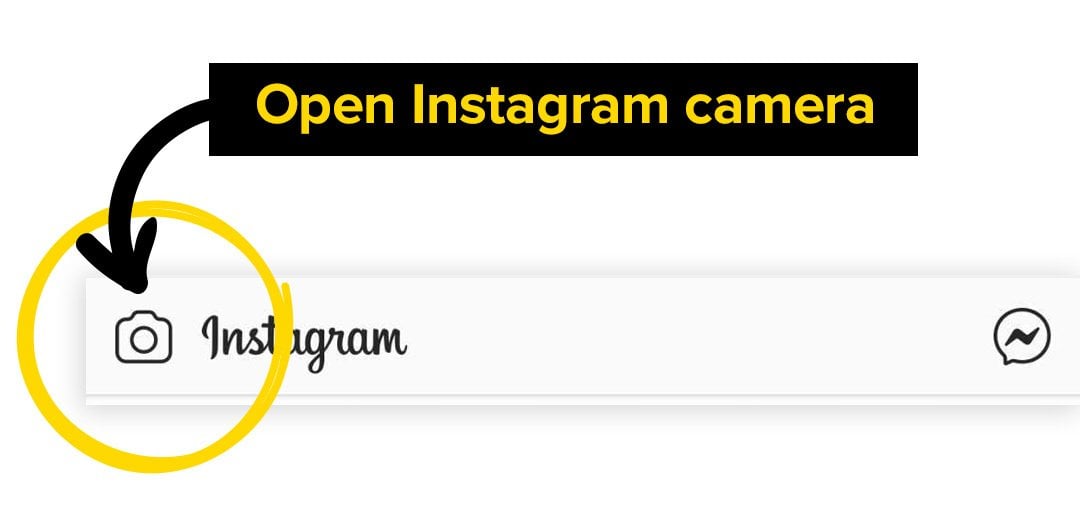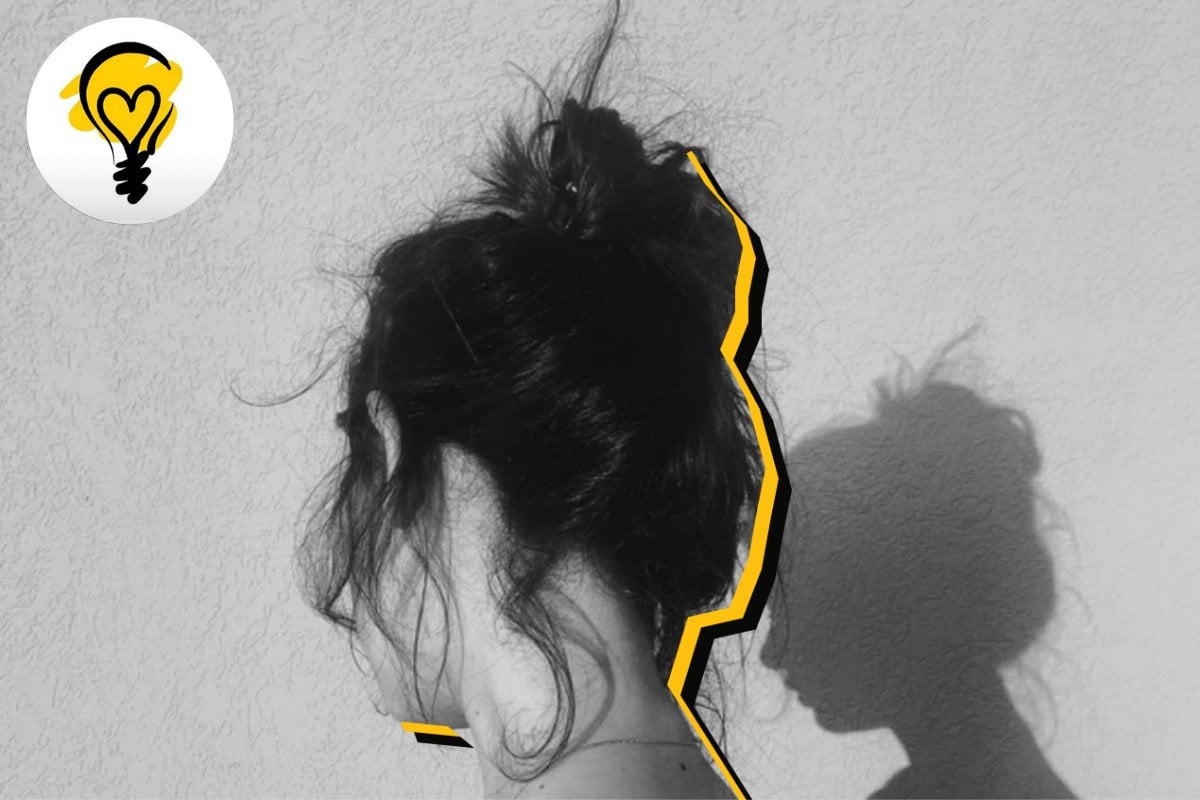
This article contains references to domestic abuse and may be triggering for some readers. If you or someone you know is affected by domestic violence, please call 1800 RESPECT (1800 737 732).
When victim-survivors of domestic and family violence (DFV) are asked to reflect on how their friends and family could have best supported them when they needed it, they tend to repeat two words:
They wish they had been listened to. And believed.
They don't look back and think anyone on the outside should've intervened. That they needed a saviour to turn up at their door, 'rescue' them from their abuser and force them to leave.
They know the implicit risk that comes with leaving - that the period just before and after leaving is often the most dangerous.
Instead, they ask that we - as people who are likely to know and love someone, at some point in our lives, who experiences DFV - listen and believe.
Don't be scared to ask. Then listen without judgment, and believe what they're saying.

